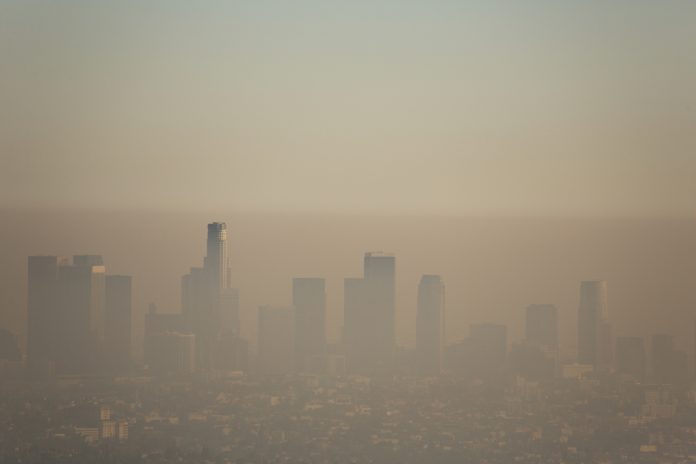Researchers from the University of Waterloo and Toronto Metropolitan University analyse heat and air quality effects on health to guide climate adaptation measures
Earlier this month, the planet witnessed the hottest day on record, raising concerns about the escalating intensity of heatwaves and declining air quality caused by climate change.
In fact intense heatwaves have been recently becoming a regular occurrence.
Climate projections indicate these phenomena will persist and severely affect human health and well-being.
Discovering health impacts of heat and air quality
To understand the implications of rising temperatures and declining air quality, researchers from the University of Waterloo and Toronto Metropolitan University collaborated on an innovative data collection method.
Their study revealed that even moderate temperature increases, such as night-time temperatures starting at 18.4 degrees Celsius, can trigger a surge in hospital visits and fatalities, especially among older adults and individuals with cardiorespiratory conditions.

Empowering municipalities for climate resiliency
The research findings provide valuable insights for municipalities to select effective mitigation and adaptation measures to combat the adverse effects of climate change.
Potential actions include planting more trees to provide shade, investing in emergency warning programs, and ensuring sufficient staff to manage ambulances, hospitals, and long-term care homes during climate emergencies.
“Heat waves cause more deaths in Canada than any other climate hazard”
“Heat waves cause more deaths in Canada than any other climate hazard.” explained Dr Mohamed Dardir, a postdoctoral researcher from the School of Environment, Enterprise, and Development at Waterloo.
He emphasised the importance of proactive planning for climate emergencies and adopting strategies similar to those used for significant weather events like floods and fires.
Expanding analysis to enhance decision-making
The researchers focused their analysis on the spring and summer in Mississauga and Brampton, Ontario. By integrating air quality and heat data, they gained a comprehensive understanding of the short-term health risks faced by vulnerable populations at the municipal level.
Their investigation revealed an increase in total deaths and hospital visits in these areas, with the highest impact observed on the day of extreme heat and poor air quality, persisting for up to two days after such events.
In the future, the team aims to broaden their analysis to encompass other environmental hazards, such as storms and floods, as well as factors like ambulatory calls across multiple provinces in Canada.
This expansion will help policymakers and civil society comprehend the magnitude of climate events and justify investments in climate resiliency.
“Much of the financial burden to mitigate the impacts of hot temperatures falls on municipalities, while provinces mainly experience the health system savings.” stated Dr. Jeffrey Wilson, a professor in the School of Environment, Enterprise, and Development at Waterloo’s Faculty of Environment.
He emphasised the importance of understanding cost savings and societal benefits to encourage collaboration between different levels of government in addressing heat events.
By employing this new research method, communities can make informed decisions to protect public health and strengthen their resilience against the escalating challenges posed by heat waves and deteriorating air quality due to climate change.











